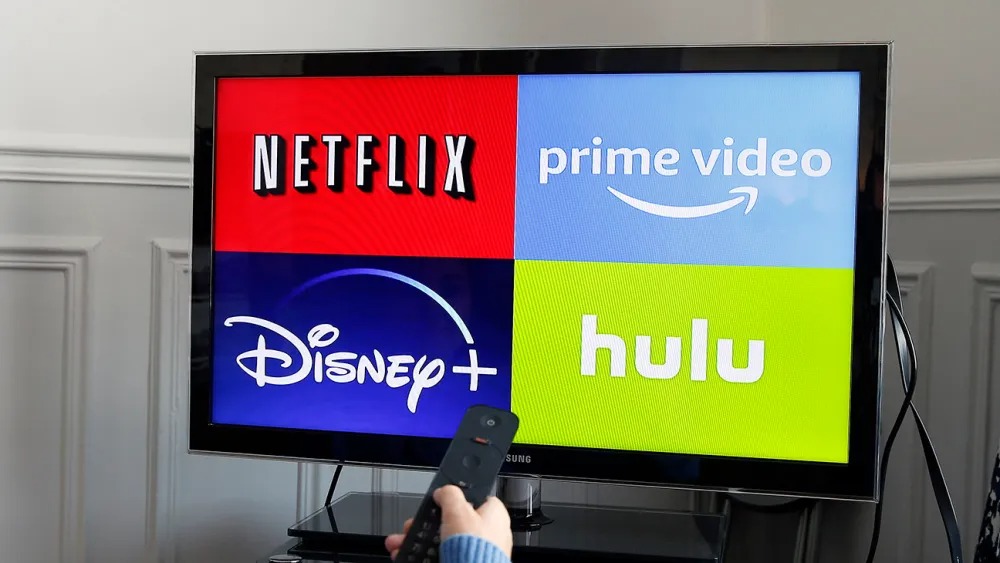Media Industry Faces $18 Billion Loss from Latin Underrepresentation, Report Finds
L atin people are still underrepresented in most sectors of media and these are tremendous losses in the bottom line said reports in 2024. For that was just what Latinos in Media said, that entertainment revenues will go up by $12 billion to $18 billion a year if Latin representation across TV and films were raised to par, based on a new report from Latino Donor Collaborative. The worldwide box offices between the years 2013-2022 raked in about 58% more dollars with films where there was a Latin character in them versus when there was no Latin character. Latin audiences are huge. They made up 24% of moviegoers in the U.S. and actually played a tremendous role behind the making of movies like Inside Out 2 and The Super Mario Bros. Do they like those movies? Most likely. Movies, for which they hold a 40% and 41% share of market.
Latin overall screen presence is notably lacking, with Latin talent as co-headliners and ensemble cast members making up only 8%, and even more alarmingly, Latin actors accounted for just 2%, 1%, and 5% of lead, co-lead, and ensemble roles, respectively. Behind the camera, the representation isn't much better, with Latin screenwriters making up 8% and directors 4%.
The streaming landscape offers a slightly better picture, but still, Latin talent is underrepresented. Only 6% of shared roles go to Latin talent, though platforms like Prime Video boast a 30% share of leading roles for Latin actors. Latin directors and screenwriters see a slight improvement on streaming platforms, with 10% and 8%, respectively.
In television, Latin actors have a stronger presence, with 9.8% in lead and ensemble roles on scripted TV series. Of the 198 scripted programs analyzed, only 11 featured a Latin actor in a lead role. Broadcast data paints an even grimmer picture, as only one out of seven scripted broadcast jobs went to Latin stars. Latino Americans make up nearly one in five of the U.S. population but are vastly underrepresented across major media sectors, leading to hundreds of millions in lost revenue, according to the Latino Donor Collaborative.
The 2024 "Latinos in Media" report estimates that increasing Latin representation in TV and film could boost annual entertainment revenue by $12 billion to $18 billion. Movies with significant Latin roles earned 58% more globally from 2013 to 2022. Latin-speaking audiences account for 24% of box office ticket sales, with movies like "Inside Out 2" and "The Super Mario Bros. Movie" drawing 40% and 41% Latin audiences, respectively. Yet, Latin actors only make up 2% of lead roles, 1% of co-leads, and 5% of ensemble cast roles.
In streaming, just 6% of roles are shared with Latin talent, though Prime Video stands out by casting 30% of its lead actors from the Latin community. Latin directors and screenwriters see moderate gains in streaming films, at 10% and 8%, respectively. Latin actors fare better on TV, filling 9.8% of lead and ensemble roles in scripted shows.
Among 198 scripted programs surveyed, only 11 featured a Latin actor in the starring role. The disparity extends to broadcast TV, where Latin actors make up only 13% of main cast members. Latin actors anchor lead roles in just 7% of the most significant casts, with platforms like Apple TV+ coming closer to equity by filling 17% of lead roles with Latin talent. Disney and Netflix, however, show much lower numbers. Non-scripted television programs fare no better, with Latin actors filling only 5% of hosting, presenting, and narration positions; 5% of participant roles; and 6% of judge and expert roles.
The report also highlights a trend where 25% of young Latin viewers are turning away from traditional media in favor of online outlets like YouTube and TikTok, where they feel more connected to authentic content. A staggering 63% of young Latin individuals report feeling disconnected and disillusioned with traditional media.












